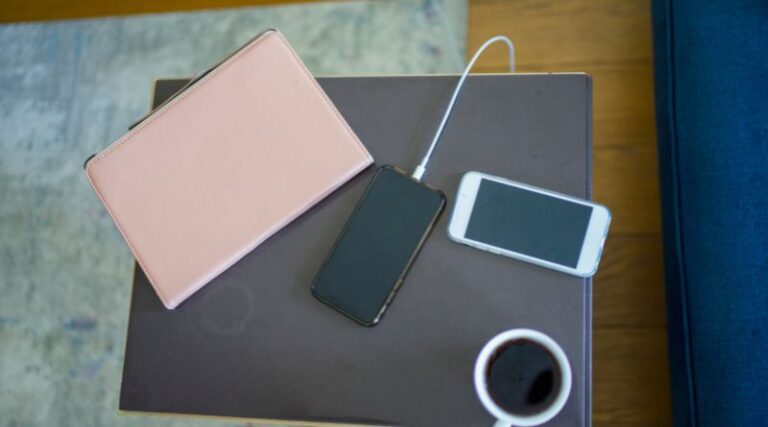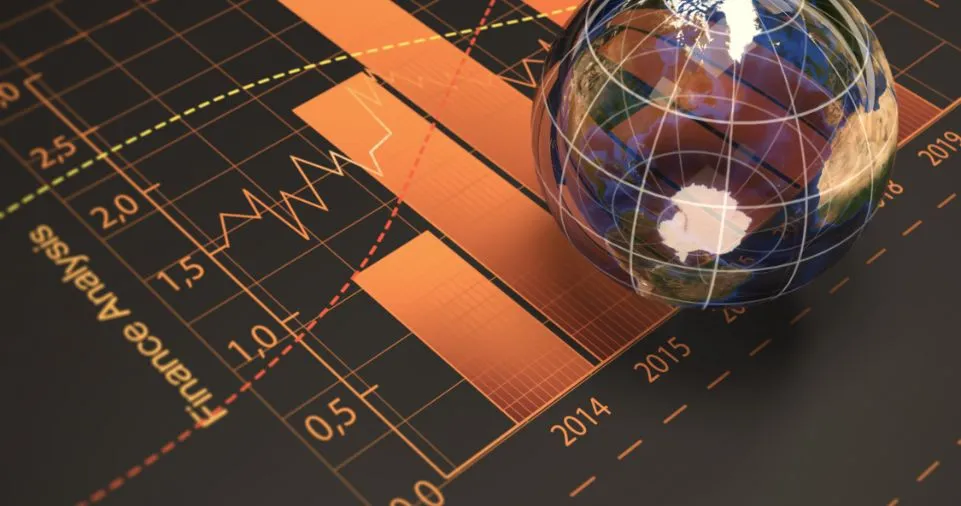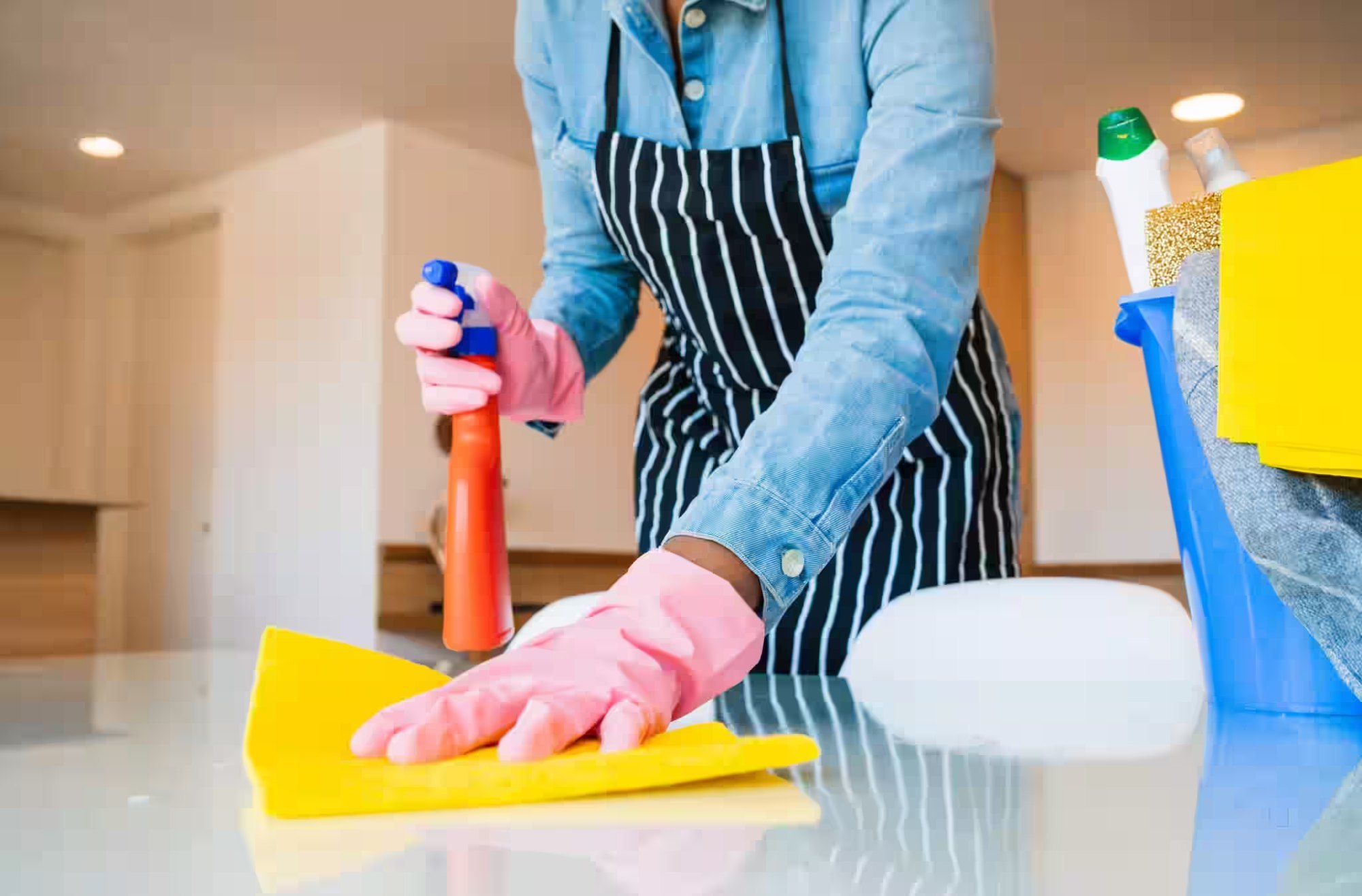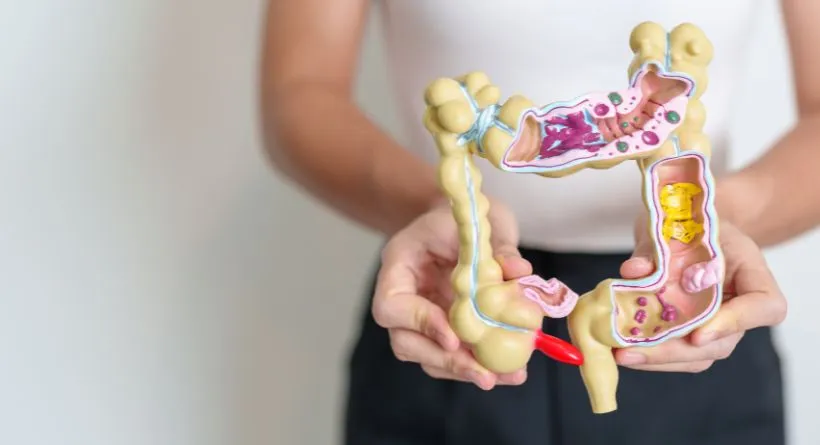If your iPhone isn’t charging, it’s not just a bummer. It can also be dangerous because the battery may get hot and cause a fire. Here’s how to troubleshoot your iPhone and prevent this from happening:mindfulmusclellc.com bežecké tenisky lepetitartichaut.com jorgensenfarmsinc.com holroydtileandstone.com Mens VANS 2020 justineanweiler.com lepetitartichaut.com bogner overal holroydtileandstone.com שולחנות מתקפלים bežecká obuv שולחנות מתקפלים justineanweiler.com massage pistol
iPhone Not Charging: What Do I Do?
- Check the charger is plugged in and that it’s not damaged.
- Check that the cable isn’t broken or frayed, as this can caucustom football jerseys micah parsons jersey philips avent babyphone scd711 nachttisch hemnes runifico.com custom football jerseys lobos buap jersey rent.2goeu scott 26 zoll xs marshall röhrenverstärker marshall röhrenverstärker philips avent babyphone scd711 bolneli aguilas cibaeñas jersey scott 26 zoll xs se charging issues.
- If you have a case on your iPhone 6, check if there are any cracks in it—this may cause problems with charging as well!
iPhone Won’t Charge
- Check the charging port. If you’re using a third-party charger, make sure it’s compatible with your device and that you’ve installed its specific software before connecting it to your computer or another charger.
- Check the cable. Make sure that it’s not damaged or frayed on either end of its cord—this can cause an electrical short which prevents charging from occurring at all!
- Check battery health (if applicable). If there are signs of damage or poor performance, consider replacing the battery with a new one before trying again
Battery Not Charging
- Check the charging port for debris.
- Try a different cable.
- Try a different charger.
- Try a different outlet and/or wall socket, or perhaps even a new battery if you have an iPhone XS (though this may not be necessary).
If none of these solutions work, it’s time to find out why your phone isn’t charging!
Slow Charging
If your iPhone is slow to charge, then first check if you have the right charger and cable. The most common issue is using a USB port on an older laptop or desktop PC, which means it no longer charges quickly. You can solve this by using an adaptor that connects directly to the wall socket.
If your charger isn’t powerful enough for your device, try buying one that’s rated higher than its original specification (for example, a Quick Charge 3+ USB-C Charger). This will allow faster transfer speeds between devices and computer ports while still providing enough power for charging up iPhones at full speed.
You may also find that cleaning out dust from around the Lightning port helps increase its ability to deliver electricity correctly—though we wouldn’t recommend trying this yourself! Instead, just use canned air or something similar instead of water sprayers which could damage internal components if they aren’t cleaned properly beforehand too.”
Plugged In But No Light
If you’re plugged in and nothing happens, check the following:
- The charging cable. Make sure that it isn’t loose or broken. If it is, try using a different USB cable to see if that fixes the problem.
- The charging port on your phone or tablet. Try plugging it into another device to make sure there isn’t a problem with this one as well. (To do this, hold down on one of the two connectors until it lights up green.)
- Your battery itself—especially if you’re using an older model whose battery life has decreased significantly over time (and even with newer models). Use our guides below for more information on how best to maintain your smartphone’s health!
Here’s how to troubleshoot your iPhone.
- Check the charging port. If you’re using a third-party cable and/or charger, try another one to rule out problems with either device.
- Check the charger itself. Sometimes an iPhone will get stuck in a “charge” state because it can’t properly charge due to bad contacts or other issues in its circuitry (like this). If you suspect this is happening to your phone, check both ends of your cable—the connector on one end should be firmly attached and make contact with something else on another end that’s plugged into an outlet at home or work (this could also be called “charging”). In addition, make sure there isn’t any dirt around where these two ends meet; if there is some gunk then try cleaning out any clogs with alcohol before trying again!
If none of these steps help fix things up then consider getting them repaired professionally by someone who knows what they’re doing—you don’t want anything getting damaged while trying all these options yourself!
Conclusion
If you’re experiencing your iPhone not charging, it’s important to troubleshoot your phone as soon as possible. If the battery is dead, you may need to replace it. There are also other issues that can be fixed with a quick trip to an Apple Store and some basic troubleshooting tools such as looking for loose connections or corrosion around pins.
For more info click here








